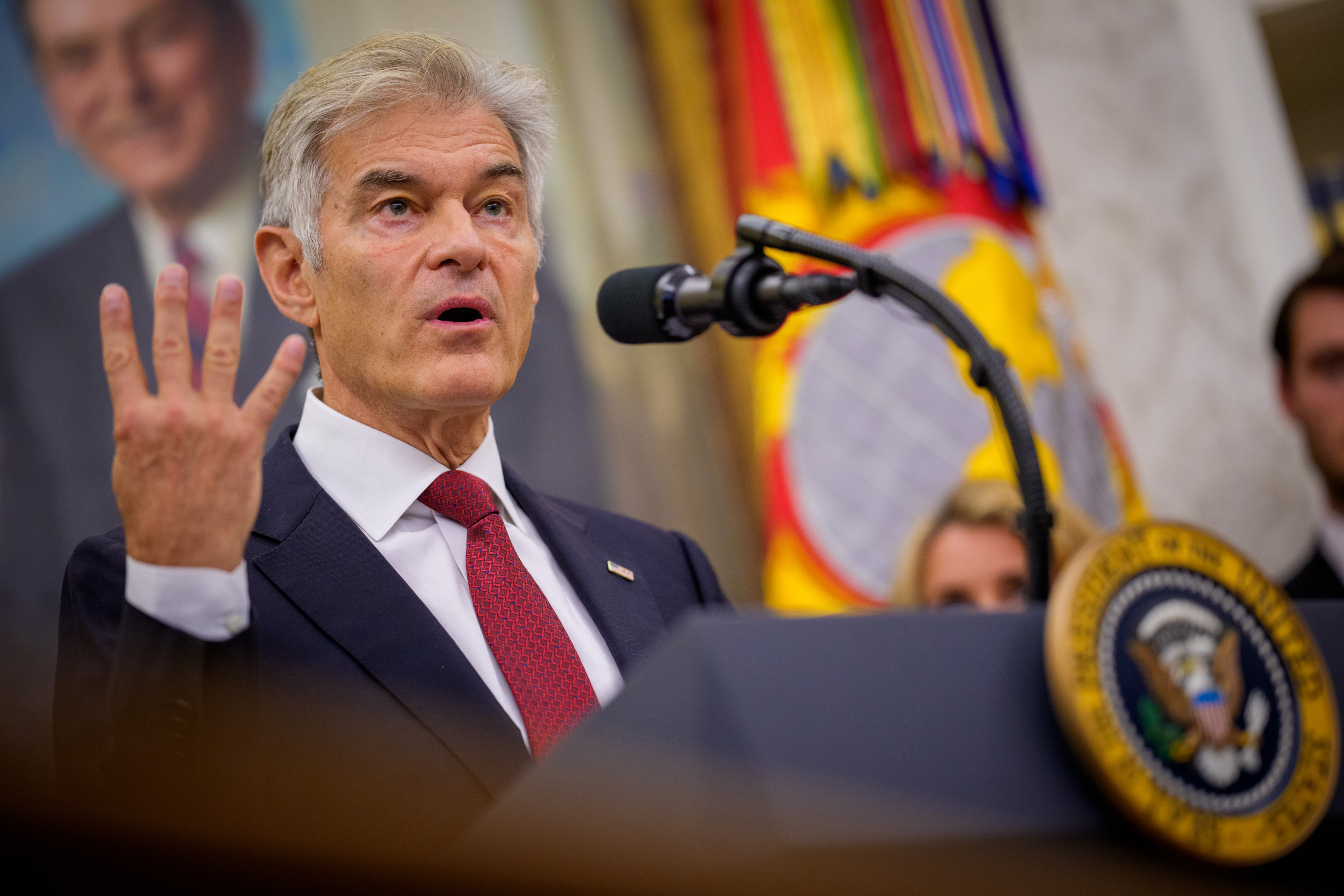Examining the State of U.S. Health Care: Insights from Dr. Mehmet Oz
Dr. Mehmet Oz, the newly appointed administrator for the Centers for Medicare and Medicaid Services (CMS), recently drew attention to the troubling state of healthcare in the United States. Speaking with Maria Bartiromo on Fox Business, Oz emphasized a significant paradox: while the U.S. healthcare system is the most expensive in the world, it has seen a decline in quality compared to other developed nations, particularly within Europe.
Why It Matters
Dr. Oz’s role at CMS is substantial, overseeing health care access for nearly half of the U.S. population. With a staggering budget of $1.4 trillion, this position surpasses even the Department of Defense. His mandate includes managing critical programs such as Medicare, which supports seniors and individuals with disabilities, and Medicaid, which serves low-income Americans. Given the stakes involved, Oz’s comments about the need for reform resonate deeply with a public grappling with rising healthcare costs and inconsistent outcomes.
What To Know
During his interview, Oz framed the current healthcare dilemma as a "generational opportunity" to address the "fundamental disconnect" in the care provided to vulnerable populations. He pointed out that inefficiencies in the system lead to wastage that could amount to "tens of billions" of dollars. According to him, the most costly care often results from poor treatment—where the need to rectify mistakes incurs additional expenses, compounding what should be a straightforward healthcare process.
Oz emphasized a startling statistic: the U.S. spends twice as much per capita on healthcare as any other developed country, yet the quality of care continues to decline. He noted a stark shift in life expectancy; where Americans once matched Europeans in lifespan, they now lag five years behind. Additionally, medical errors have become the third leading cause of death in the U.S., pointing to a system in crisis even as financial investment remains high.
A Closer Look at Life Expectancy
The decline in life expectancy in the U.S. has become even more pronounced in the wake of the COVID-19 pandemic. Between 2019 and 2022, Americans faced a sharp increase in mortality rates. While life expectancy rebounded to 78.4 years in 2023—a marginal increase from 2022—this figure still trails the pre-pandemic average of 78.8 years and lags behind the international average of 82.5 years.
Interestingly, this discrepancy isn’t uniform across the country. In fact, every U.S. state falls short when compared to individual countries that are often considered comparable. Research tracking mortality rates since 2010 has consistently placed the U.S. near the bottom of the list when observing life expectancy among industrialized nations.
Financial Insights into Healthcare Spending
The financial strain of healthcare in the U.S. is a topic of significant concern. In 2023, healthcare spending reached a staggering $4.9 trillion—approximately $14,570 per person—comprising about 17.6% of the nation’s GDP. Despite these figures, the U.S. continues to struggle with high rates of infant mortality, ranking poorly even compared to nations with lower expenditure on healthcare. As of 2022, the infant mortality rate stood at 5.6 deaths per 1,000 live births—surpassing rates found in Japan, Finland, and Sweden.
Voices from the Political Arena
Dr. Oz’s appointment wasn’t without political backing. Former President Donald Trump praised Oz, stating, "Dr. Oz will be a leader in incentivizing Disease Prevention." He framed Oz’s role as crucial for ensuring that every healthcare dollar spent yields the best results possible, underscoring the need for reducing waste and fraud within the healthcare system.
The Road Ahead
The landscape of federal healthcare spending is set to change under Oz’s leadership, fueled by the Trump administration’s ongoing efforts to trim budgets across various sectors. While Medicare and Social Security have been assured protection, discussions around revising Medicaid are likely to emerge in Congress. Proposed changes may introduce work requirements and eligibility restrictions, potentially affecting millions of Americans. Although Oz has not fully endorsed these changes, he remains noncommittal, leaving many to wonder about the future of healthcare access in the country.
Through these discussions, it’s clear that the conversation surrounding U.S. healthcare is as critical as ever. With Dr. Oz at the helm, the hope is for a transformative approach that not only addresses the economic side but also the fundamental quality of care that Americans receive.


